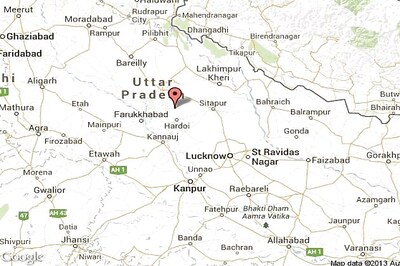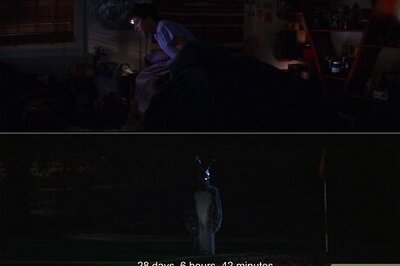
views
New Delhi: The Supreme Court on Friday agreed to hear a plea challenging the constitutional validity of the Citizenship (Amendment) Act filed by a journalist.
A bench comprising Chief Justice S A Bobde and justices B R Gavai and Surya Kant issued notice to the Centre on journalist Saket Gokhale's plea and tagged them along with over 160 petitions challenging the CAA which are listed for hearing this month.
The CAA, which was notified on January 10, grants Indian citizenship to non Muslim minorities — Hindu, Sikh, Buddhist, Jain, Parsi and Christian — who migrated to India from Afghanistan, Pakistan and Bangladesh till December 31, 2014, following religious persecution.
The top court, on December 18 last year, had decided to examine the constitutional validity of the Citizenship (Amendment) Act (CAA), while refusing to stay its operation.
Hearing a batch of 143 petitions, the top court, had on January 22, made it clear that the operation of the CAA will not be stayed and gave the government four weeks to respond to the pleas.
The court had also said that pleas concerning Tripura and Assam, as well as the matters related to Uttar Pradesh, which is going ahead with the implementation of CAA without framing any rules, can be dealt with separately.
It had also said the modalities of hearing the batch of petitions on the CAA will be decided in-chamber and the court may fix them for day-to-day hearing after four weeks.
President Ram Nath Kovind gave his assent to the Citizenship (Amendment) Bill, 2019 on December 12, turning it into an Act.
Several petitions have been filed, challenging the constitutional validity of the CAA. Among those who have filed pleas are the Indian Union Muslim League (IUML), Congress leader Jairam Ramesh, RJD leader Manoj Jha, Trinamool Congress MP Mahua Moitra and AIMIM leader Asaduddin Owaisi.
The IUML said in its plea that the CAA violates the fundamental right to equality and intends to grant citizenship to a section of illegal immigrants by making an exclusion on the basis of religion.
The petition had alleged that the government's CAA was against the basic structure of the Constitution and intended to explicitly discriminate against Muslims as the Act extended benefits only to Hindus, Sikhs, Buddhists, Jains, Parsis and Christians.
The plea filed by Ramesh said the Act is a "brazen attack" on the core fundamental rights envisaged under the Constitution and treats "equals as unequal".
The other petitioners include the Jamiat Ulama-i-Hind, the All Assam Students Union (AASU), the Peace Party, the CPI, NGOs Rihai Manch and Citizens Against Hate, advocate M L Sharma, and law students.



















Comments
0 comment